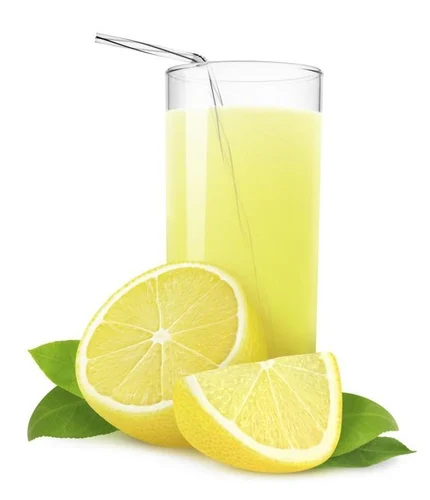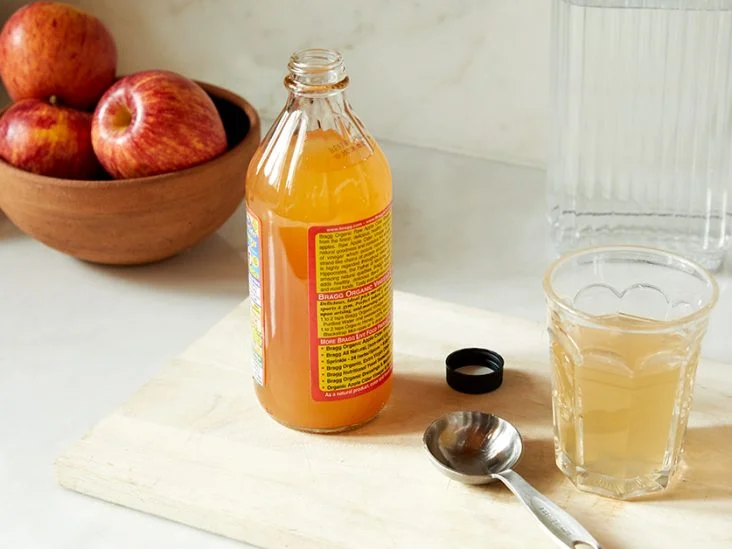Intestinal calcium absorption,Calcium supplementation, Dietary calcium intake, Hypercalciuria,Kidney stones, Nephrolithiasis.
Root Cause of Disease
Dietary factors, high doses of vitamin D, intestinal bypass surgery and several metabolic disorder can increase the concentration of calcium or oxalate in urine. Calcium stones may also occur in the form of calcium phosphate. This type of stone is more common in metabolic conditions, such as renal tubular acidosis.
Symptoms
The symptoms could be one or more of the following:
- Severe pain on either side of your lower back
- More vague pain or stomach ache that doesn’t go away
- Blood in the urine
- Nausea or vomiting
- Fever and chills
- Urine that smells bad or looks cloudy
Causes
Possible causes include:
- Drinking too little water,
- Exercise (too much or too little),
- Obesity,
- Weight loss surgery, or eating food with too much salt or sugar.
- Infections and family history might be important to some people.
- Eating too much fructose correlates with increasing risk of developing a kidney stone.
- Fructose can be found in table sugar and high fructose corn syrup.
Home Remedies to treat Calcium Stones
Remedy – 1: Lemon
Materials Used: Lemon juice

You can add freshly squeezed lemons to your water as often as you like. Lemons contain citrate, which is a chemical that prevents calcium stones from forming. Citrate can also break up small stones, allowing them to pass more easily. A great deal of lemon juice would probably be needed to make a huge effect, but some may help a little. Lemon juice has numerous other health benefits. For example, it helps inhibit bacteria growth and provides vitamin C.
Product Link: Lemon Juice
Remedy-2: Basil Juice
Materials Used: Basil juice

Basil is full of nutrients. This remedy has been used traditionally for digestive and inflammatory disorders. There are antioxidants and anti-inflammatory agents in basil juice, so it could maintain kidney health. But there’s little evidence to support this remedy. To try it, use fresh or dried basil leaves to make tea and drink several cups per day. You may also juice fresh basil in a juicer or add it to a smoothie. It’s not known whether basil juice is safe to consume in large quantities, or over longer periods of time. Without more research, the long-term effects remain unclear. Although there’s very little research on how effective basil is for kidney stones, it does have anti-oxidative and anti- inflammatory properties.
Product Link: Basil Juice
Remedy-3: Apple Cider Vinegar
Materials Used: Apple cider vinegar

Apple cider vinegar contains acetic acid. Acetic acid helps dissolve kidney stones. In addition to flushing out the kidneys, apple cider vinegar may help ease pain caused by the stones. Apple cider vinegar was effective in helping reduce the formation of kidney stones.
To try this remedy, add 2 tablespoons of apple cider vinegar to 6 to 8 ounces of drinking water. You shouldn’t consume more than one 8-ounce glass of this mixture per day. You can also sprinkle apple cider vinegar onto salads or add it to your favourite salad dressing. If ingested in larger amounts, apple cider vinegar can cause issues such as damage to tooth enamel, acid reflux, and sore throat. People with diabetes should exercise caution when drinking this mixture. Monitor your blood sugar levels carefully throughout the day. You shouldn’t drink this mixture if you’re taking certain medications, including insulin.
Product Link: Apple Cider Vinegar
Other Remedies
Watermelon juice
Cleanses the kidneys:
This juice can help to flush out uric acid and ammonia from your body and it will help to cleanse the kidneys. There are some studies in which it is said that watermelon juice can help to treat kidney stones as well. Also the watermelon seeds can help to cleanse the kidneys. If you want to use the watermelon as your natural treatment for cleansing your kidneys, then you should buy watermelon with seeds.
Vervain leaves
You should prepare an infusion by steeping one tablespoon of dry blue vervain leaves in one pint of boiling water for ten minutes. You should consume about six tablespoons on a daily basis and spread it over six doses to get rid of kidney stones and urinary bladder infections.
Poppy seeds
These seeds have potassium which is a mineral that can offer protection against and even treat kidney stones. But there are some studies in which are said that people who suffer from hyperoxaluria (which is an excessive urinary excretion of oxalate that is increasing the risk of calcium oxalate kidney stones) need to limit their intake amount of poppy seeds because these seeds are high in oxalic acid.
Preventions
- Drink enough fluids: The number one thing you can do is to drink enough fluids, like water. Drinking enough fluids will thin out your urine and make it harder for chemicals to build up and form crystals. Your healthcare provider will look at your overall health, diet, and lifestyle and recommend the right amount of fluid you should have each day.
- Avoid eating too much protein: Eating too many foods high in protein can cause stones to form.
- Eat less salt (sodium):A diet high in salt (sodium) causes calcium to build in your urine. Too much calcium in your urine can lead to new stones. It can also cause your bones to weaken.
- Include the right amount of calcium in your diet: Some people may think they can keep stones from forming by avoiding calcium, but the opposite is true. Calcium is a nutrient that is found in dairy products, such as yogurt, milk and cheese. You need to eat calcium so that it can bind with oxalate in the stomach and intestines before it moves to the kidneys. Eating foods with calcium is a good way for oxalates to leave the body and not form stones. The best way to get calcium into your body is through the foods you eat. It may seem easier to increase your calcium by taking a supplement. However, calcium in the form of a supplement may raise your chances of forming new calcium oxalate stones. Speaking with your healthcare provider will help you find the best way to include calcium in your diet. This will help avoid having too little or too much calcium in your body.
- Avoid vitamin C supplements: Talk to your healthcare provider before taking vitamin C supplements. Too much vitamin C can cause high amounts of oxalate in the urine.
- Eat less oxalate-rich foods:Limiting how many oxalate-rich foods you eat each day may help lower your chance of forming new stones. There are some foods you should avoid because of their high oxalate levels. Some foods very high in oxalate are:
- Nuts
- Rhubarb
- Beets
- Chocolate soy milk
- All Bran
- Buckwheat flour
- Miso
- Tahini
- Sesame seeds
- Swiss chard


